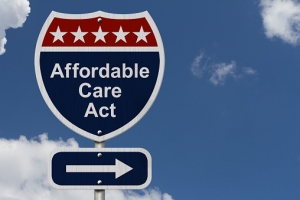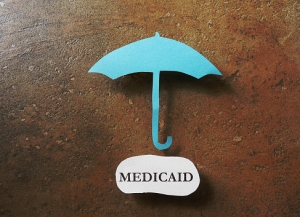Producers
The only way for an employer to provide certain benefits tax-free to its employees, such as health, dental or vision insurance, is through a Cafeteria Plan, as defined under Section 125 of the Internal Revenue Code. The only way for an employer to have a Cafeteria Plan is by preparing a written plan document which meets the requirements of Code Section 125. Failure to have a written document, or failure to operate a Cafeteria Plan in accordance with the terms of Code Section 125, disqualifies the plan as a Cafeteria Plan and results in gross income to the participants. In other words, any participant in the plan will lose the tax favorable status of the benefits that he or should would have otherwise received.
- Most U.S. citizens and lawfully present residents must have health insurance or pay a penalty. This is referred to as the Individual Mandate. The reporting helps the IRS understand who has health insurance coverage.
The Affordable Care Act (ACA) continues to evolve. Here are 10 changes expected to take effect in 2017.
Benefits Buzz
Enter Your Email









